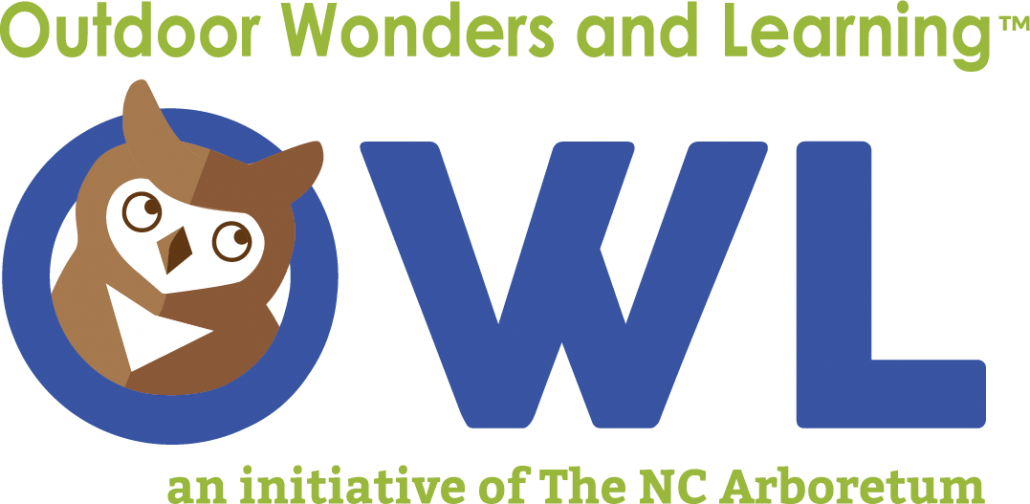Introduction
The field of Environmental Education, or place-based education, encompasses more than nature and science. Once thought of as an optional “add-on” to required science curriculum, today place-based education can be used as an incorporating technique across many subject areas and can connect subjects already being taught in a real-world context. As it is interdisciplinary in approach, environmental education has developed to incorporate the standards of learning for all subjects including math, language arts, and social studies. At the same time, place-based education offers students the opportunity to learn reasoning skills that enable them to think critically about real-world situations. Additionally, the method of teaching and learning in a natural setting has resulted in an improvement in student behavior, a renewed enthusiasm towards learning, and an improvement in student performance on standardized tests.
OWL (Outdoor Wonders and Learning) in Schools is a proposed initiative focused on encouraging North Carolina teachers to utilize outdoor spaces in delivering high-quality interdisciplinary educational opportunities with a science focus, for children in grades K-5. Teachers will be able to use outdoor lessons that are carefully aligned with the Essential Standards set by the North Carolina Department of Public Instruction. This will be accomplished with the following objectives:
– Increase each teacher’s understanding of science content included in their curriculum;
– Equip teachers with activities that encourage inquiry-based, outdoor approaches to science education standards;
– Provide resources on the school grounds designed to encourage and facilitate science education and interest in science; and
– Encourage teachers to become more familiar, comfortable and effective in leading outdoor lessons.
This bridging of the familiar (N.C. Essential Standards) with the unfamiliar (hands-on, outdoor-based instruction) will encourage regular and sustained use of outdoor spaces to enhance teachers’ science lessons and create greater interest, understanding, and retention of concepts among students.
Acknowledgements
Writers and Editors
Jenna Kesgen
Michelle Pearce, Project OWL Program Manager
Lunsford R. Preyer, III
Supplemental Reading Consultants
Marilyn Arnone, Professor of Practice at Syracuse University, NY
Director of Nature Booklist Project
Beverly McBrayer, Hall Fletcher Elementary, NC
Logo Design
Timberdoodle Studios
Page Art
Jenna Kesgen
Curriculum Reviewers—2017
Katianne Balchak, W.D. Williams Elementary, NC
Simone Randazzo, Evergreen Community Charter School, NC
Susie Rubidoux, Rainbow Community School, NC
Melissa Scott, Rainbow Community School, NC
Sarah Torry, North Cove Elementary, NC

